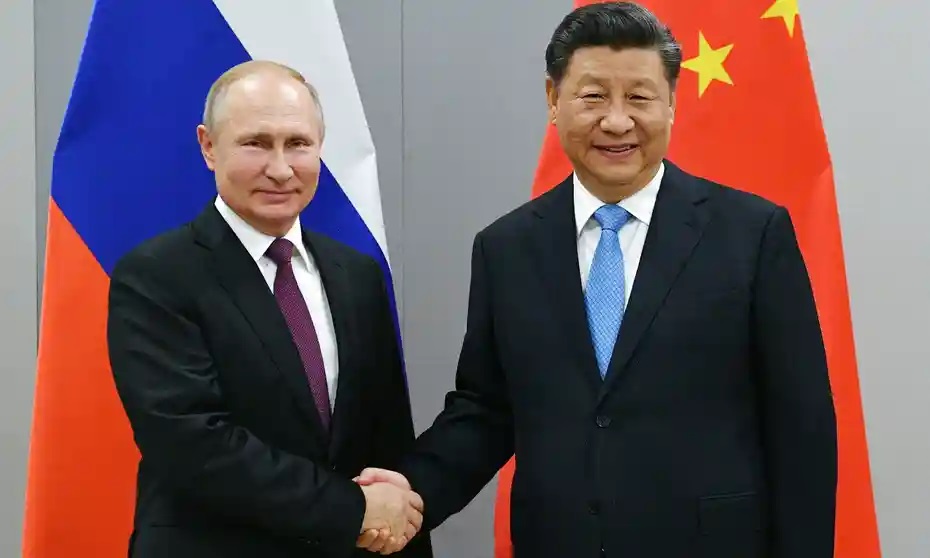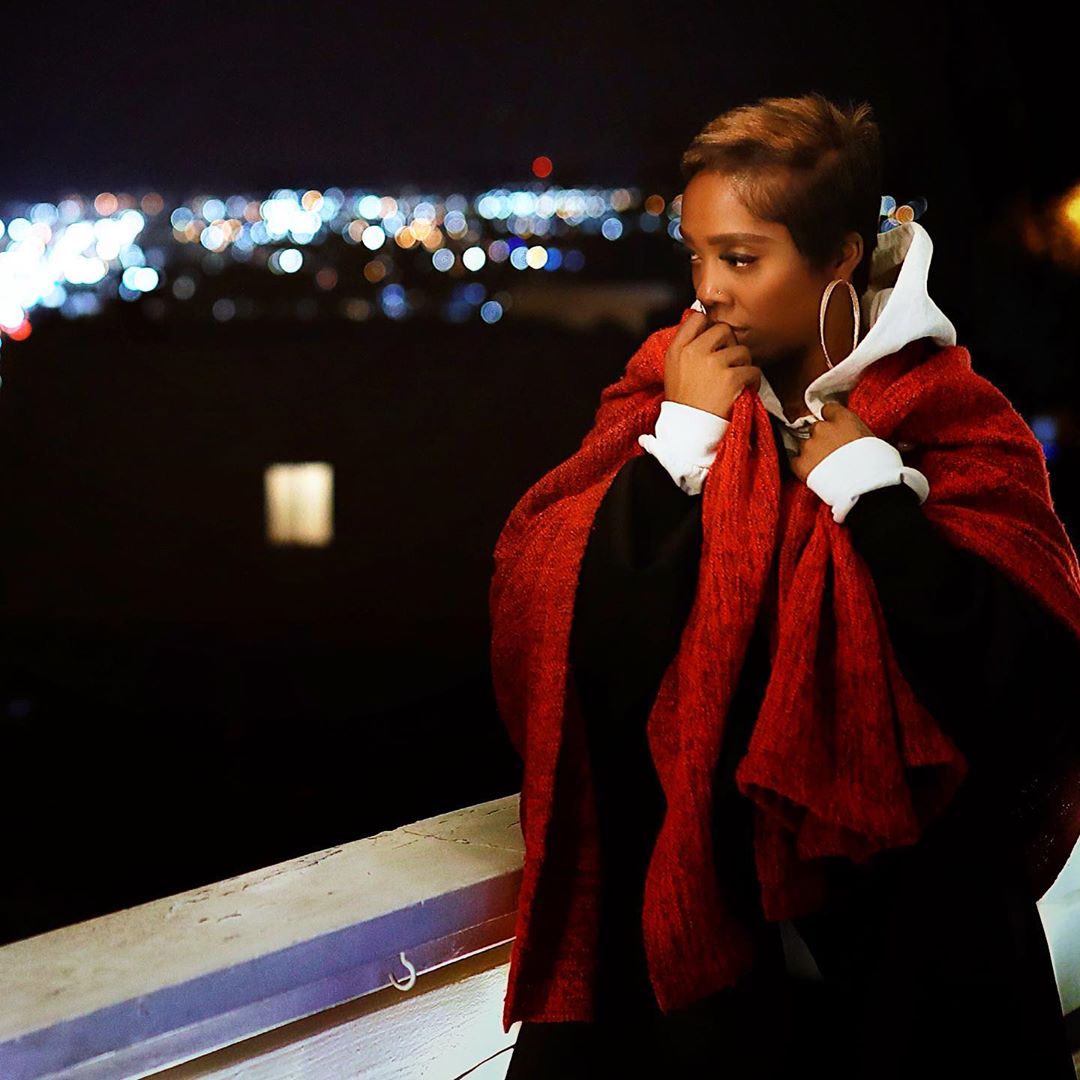When Chinese leader Xi Jinping and Russian President Vladimir Putin sit down with other Asian leaders at a summit in Central Asia Friday, they will seek to present a united front to counterbalance the United States and its allies.
But within their “no-limits” relationship, potential differences over Russia’s faltering invasion of Ukraine are beginning to emerge. The brutal war has also created friction within the Shanghai Cooperation Organization (SCO), a regional security grouping led by Beijing and Moscow.
Beginning Thursday, leaders from the grouping, including India, Pakistan, Iran and four Central Asian countries, have convened in the city of Samarkand in Uzbekistan, which has seen a flurry of high-level talks, including the first face-to-face meeting between Xi and Putin since the invasion.
During their talks, Putin conceded that Chinese officials had “questions and concerns” over his protracted military assault, in what appeared to be the first – although somewhat veiled – admission of their differences on the conflict.
Putin’s appearance alongside Xi at the high-profile summit comes just days after Russian forces suffered a series of major defeats on the Ukrainian battlefield. Moscow’s invasion has left it diplomatically isolated, and its economy severely weakened by a raft of punishing Western sanctions.
In recent months, China has offered Russia tacit support and stepped up economic assistance to its neighbor, boosting bilateral trade to a record high. But as the conflict drags on into winter, analysts question how far Xi will be prepared to go in continuing to back Putin – and at what cost.
“The economic situation in Russia is deteriorating, and that gives China an upper hand in the relationship,” said Alexander Gabuev, a senior fellow at the Carnegie Endowment for International Peace.
“Ties between Moscow and Beijing have been asymmetric before Russia was a needier partner, but now this is an asymmetry on steroids where China has the commanding position, and definitely will be not shy to use it going forward.”
In public, China has pledged to deepen ties with Russia. An official Chinese readout of the Xi-Putin meeting Thursday made no mention of Ukraine. Instead, it quoted Xi as saying that China would “work with Russia to extend strong mutual support on issues concerning each other’s core interests” and “play a leading role in injecting stability and positive energy into a world of change and disorder.”
For his part, Putin highlighted Moscow’s value to Beijing – namely to join hands in counterbalancing the West and creating what he calls “a just, democratic and multipolar world order.”
In a thinly-veiled snub at the US, the Russian leader noted that “the attempts to create a unipolar world have recently acquired an absolutely ugly shape, and are absolutely unacceptable for the vast majority of states on the planet.”
Division within the SCO
The SCO summit could have provided a chance for Beijing and Moscow to make a case for that “multipolar world order,” but Russia’s invasion of Ukraine may have sowed divisions within the grouping and alienated some countries.
Having watched Russian tanks roll into Ukraine, a former Soviet republic, Central Asian leaders of former Soviet territories are worried that Russia could encroach on their land too.
Kazakhstan, in particular, has refused to toe Moscow’s line. It has sent humanitarian aid to Ukraine, and its President Kassym-Jomart Tokayev has publicly refused to recognize Russia-backed separatist regions in eastern Ukraine, enraging some Kremlin officials.
China’s refusal to condemn Russia has also caused unease among Central Asian countries, experts say. That risks hampering China’s efforts to build stronger ties with its Central Asian neighbors, an endeavor China has invested heavily in for two decades.
During Xi’s state visit to Kazakhstan on Wednesday – his first foreign trip in nearly 1,000 days – the Chinese leader sought to allay such concerns.
“China will always support Kazakhstan in maintaining national independence, sovereignty and territorial integrity,” Xi told Tokayev, the Kazakh President, according to Chinese state media.
Also complicating the picture is India, which occupies a unique role in the SCO.
Delhi, which like Beijing has not condemned Russia’s invasion, has strong ties with Moscow dating back to the Cold War. According to some estimates, India gets more than 50% of its military equipment from Russia.
In recent months, India has significantly increased its purchase of Russian oil, coal and fertilizer, despite Western pressure to cut economic ties with the Kremlin following its aggression in Ukraine.
But Delhi has also seen relations with Beijing nosedive due to conflicts along their border, and has moved closer to Washington and its allies in the Indo-Pacific. India is a member of the Quadrilateral Security Dialogue alongside the US, Japan and Australia, a grouping driven closer together by China’s threats.
Modi, who arrived in Samarkand after midnight Friday, is expected to have one-on-one meetings with his Russian, Uzbekistan and Iranian counterparts, a source from the Indian Ministry of External Affairs told CNN.
But based on his tentative schedule, Modi doesn’t have a meeting scheduled with Xi. The two leaders haven’t met since the start of the China-India border conflict more than two years ago. كيفية لعب لعبة بينجو
Last week, Delhi and Beijing began disengaging from the Gogra-Hotsprings border area in the western Himalayas.
In addition to their territorial disputes, Delhi is also wary of Beijing’s growing economic influence over its smaller neighbors.
“Ever since Modi came to power, we have seen relations (between India and China) steadily deteriorate,” said Manoj Kewalramani, a fellow of China studies at the Takshashila Institution in India.
But Kewalramani said the SCO could provide a “space (for India) to engage with China and Russia.”
“Particularly, being on the table while China and Russia are together, because the closer that relationship gets, the trickier it gets for India,” he said.
An anti-West world order?
Founded in 2001 by China, Kazakhstan, Kyrgyzstan, Russia, Tajikistan and Uzbekistan to combat terrorism and promote border security, the SCO was initially shrouded in relative obscurity for years.
Under Xi, it expanded in size and profile, granting membership to India and Pakistan in 2017. After years on the waiting list as an observer, Iran will become a full member at this summit.
Afghanistan is also an observer, and the Taliban – having taken over Kabul following a chaotic US withdrawal last year – is sending a delegation to Samarkand.
But it is Iran that has set off most alarm bells in the West. Since 2019, Iran, Russia and China have held three joint naval drills amid deepening ties. Now, Iran’s inclusion in the SCO is stoking fears long held by some observers that the grouping is emerging as an anti-West bloc.
But some experts say in its current state, the SCO is not really the ideal platform for China and Russia to push that anti-West world order.
As a multilateral organization, the SCO is a much weaker regional bloc compared to the European Union or the Association of Southeast Asian Nations. bwin sport
“There has actually been some tension at times within the SCO. Russia has tried to advance some of its interests which aren’t always aligned with China’s in the region. I don’t think it’s perfectly set up to be this kind of platform for shaping a new world order,” said Brian Hart, a fellow with the China Power Project at the Center for Strategic and International Studies.
“But I do think it is an important organization, one that Beijing hopes to continue to support and lead – and one that it does appreciate Russian buy-in on. اربح مال من الانترنت ”










